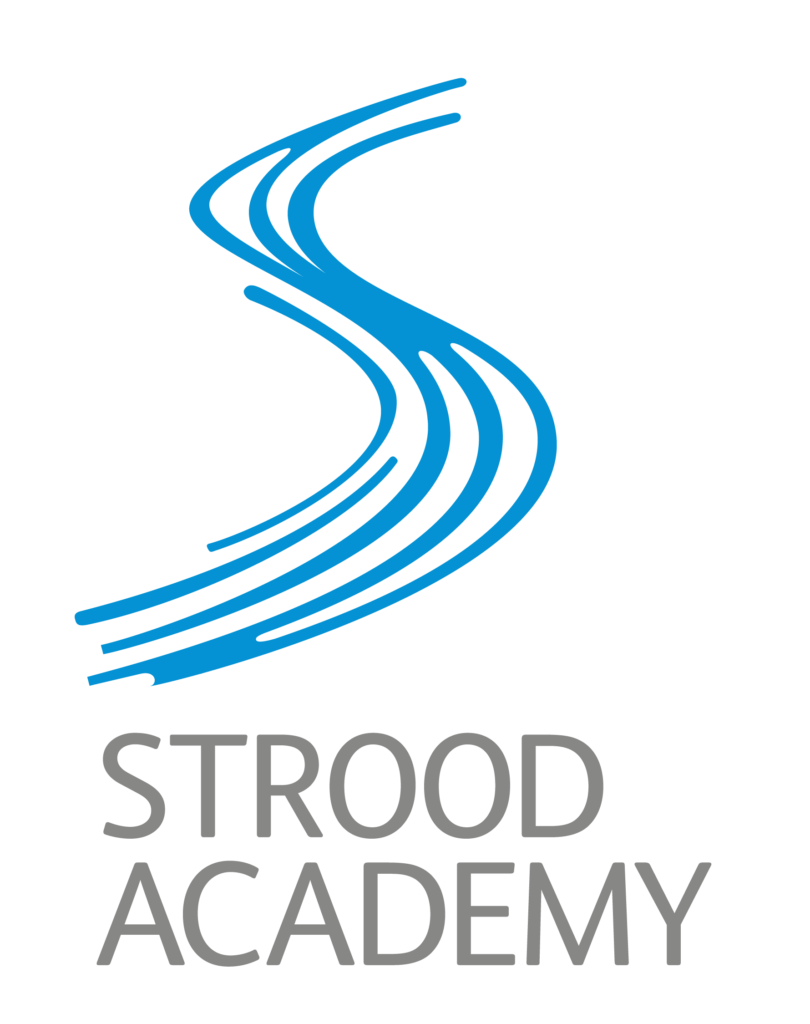KS3: MYP Language Acquisition - French & Spanish
Intent
Students in Language Acquisition through the MYP will engage in a range of cultural and academic experiences that enable them to read, write, speak and listen to authentic materials. Students will engage in learning a language for pleasure, showing interest in cultural aspects of the language, through an environment which makes links with other countries and cultures to prepare students for a global life as a citizen of the world.
Curriculum Journey
We aim to develop students’ language and communication skills by teaching and revisiting learning on set topics using grammar and phonetics as pillars to language retention and production. Throughout their journey students will be exposed to the 4 skills of reading, writing, listening and speaking with a gradual rise in difficulty in KS3 and KS4.
Using all 4 skills, a selection of topics are introduced in year 7, developed in year 8 and reinforced and this is then further extended in year 9. Our main topics are based on the MYP guidance and its global contexts for teaching and learning. These contexts are explored and revisited in a carousel style delivery throughout KS3. We advocate revisiting topics as it helps us reinforce and extend students’ knowledge throughout KS3 and is a key part of our recap and recall strategy.
Within the MYP framework pupils are put into phases. Year 7 and 8 are in phase 1 and year 9 in phase 2. Pupils in phase 1 are exposed to basic skills and vocabulary and are encouraged to develop those skills using reading, speaking, listening and writing tasks. In phase 2 pupils are introduced to more detailed skills and vocabulary and develop a wider range of skills through multimodal texts. In KS4 pupils will consolidate their MYP learning by building on their previous knowledge to understand, formulate and apply more complex structures and vocabulary.
Schedule of learning
- Module 1: Identity and relationships (Criteria B – Reading)
- Module 2: Identity and relationships (Criteria A – Listening)
- Module 3: Local and international places (Criteria C – Speaking and D – Writing)
- Modules 4 and 5: In and out of school (Criteria A – Listening, B – Reading, C – Speaking and D – Writing)
- Module 6: Festivals and traditions (End of year assessment)
Schedule of learning
- Module 1: Media and Technology (Criteria D – Writing)
- Module 2: The wider world (Criteria A – Listening and B – Reading)
- Module 3: Healthy lifestyles (Criteria C – Speaking)
- Module 4: Future holidays (Mid-year review)
- Module 5: Past holidays (Criteria C – Speaking and D – Writing)
- Module 6: Tourism and Culture (Criteria A – Listening and B – Reading)
Schedule of learning
- Module 1: Living at home (Criteria C – Speaking)
- Module 2: Living at home (Criteria A – Listening and B – Reading)
- Module 3: School and future plans (Criteria D – Writing)
- Module 4: Exploring music and films (Criteria C – Speaking and D – Writing)
- Module 5: Sports and activities (Criteria A – Listening, and B – Reading)
- Module 6: Celebrity Culture (End of Year assessment)
Assessment
For each topic, across key stage three, students will carry out research, rehearse, perform and evaluate their own or another individual’s work.
Students will be asked to listen to an extract and will:
- identify explicit and implicit information (facts, opinions, messages and supporting details)
- analyse conventions
- analyse connections.
Students will be given a text to read and will:
- identify explicit and implicit information (facts, opinions, messages and supporting details)
- analyse conventions
- analyse connections.
Students will be asked questions and will :
- use a wide range of vocabulary
- use a wide range of grammatical structures generally accurately
- use clear pronunciation and intonation in comprehensible manner
- communicate all the required information clearly and effectively.
Students will be asked to answer questions and will:
- use a wide range of vocabulary
- use a wide range of grammatical structures generally accurately
- organize information effectively and coherently in an appropriate format using a wide range of simple and some complex cohesive devices
- communicate all the required information with a clear sense of audience and purpose to suit the context.
Final grades are then awarded from a range of 1-8, with each ascending grade demonstrating the students mastery of that particular subject.
If you would like more information about Language Acquisition please refer to the IB subject brief here:
Resources


